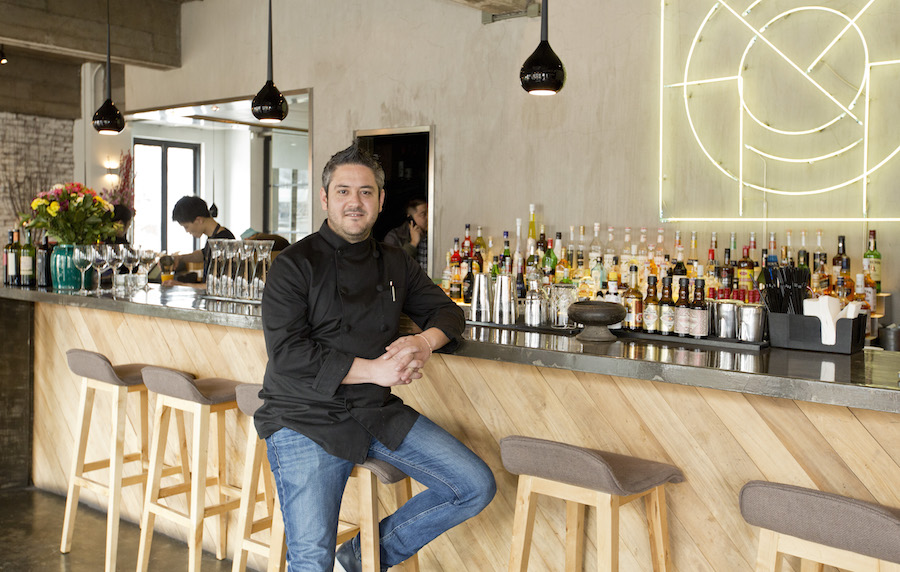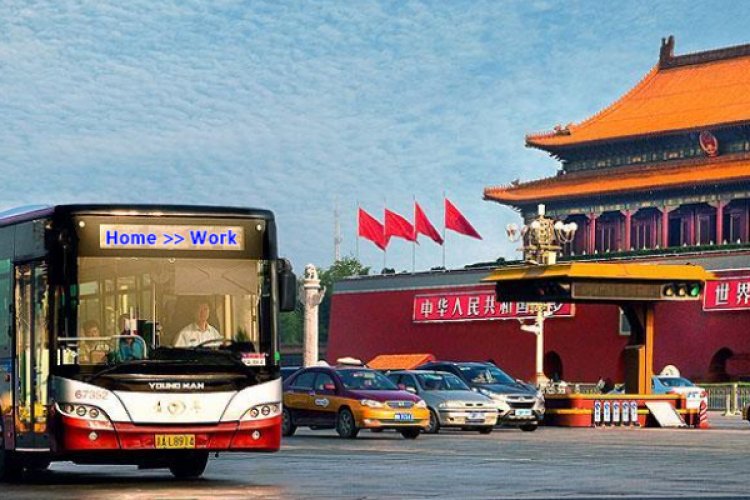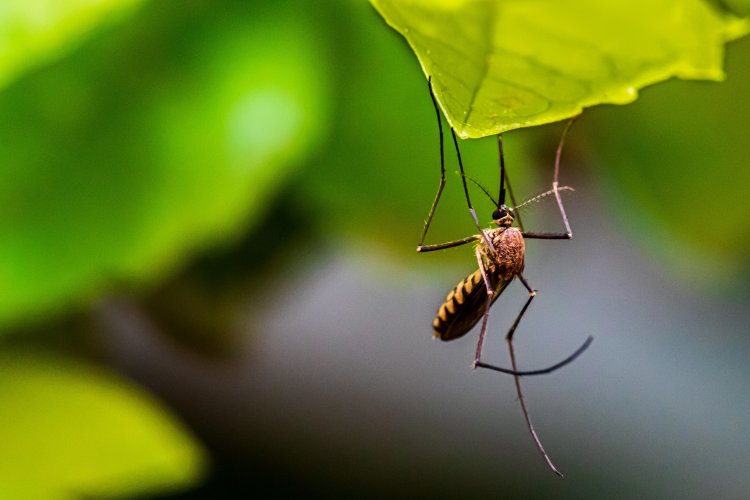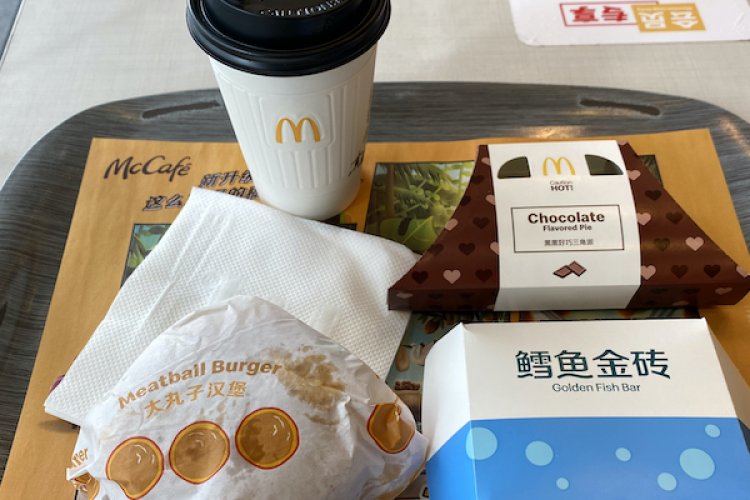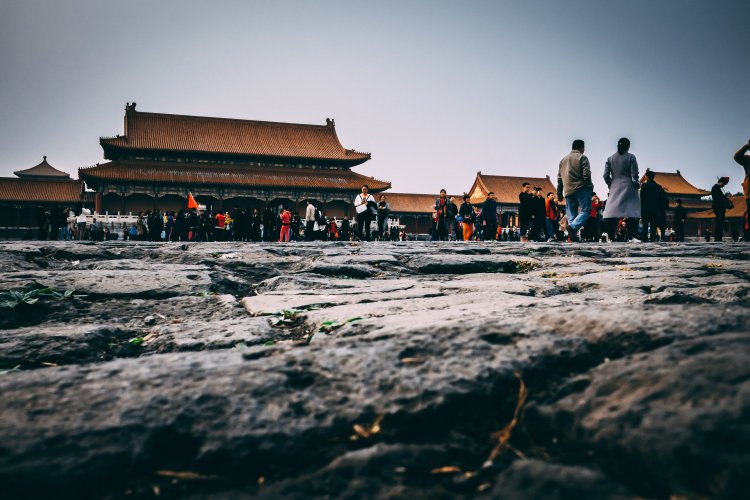Daniel Urdaneta, Executive Chef at Mosto Group, Enters Hall of Fame
Daniel Urdaneta, executive chef of the Mosto Group, was voted into the Beijinger's Dining Hall of Fame by fellow industry peers at the Beijinger 2016 Restaurant Awards. We spoke to him about what brought him to Beijing and what he enjoys most about working in Beijing as a chef.
RELATED: Alex Molina, General Manager of Mosto Group, Enters Dining Hall of Fame
TBJ: What brought you to Beijing?
Daniel Urdaneta: I'm from Venezuela, and was working in Miami when the chef I was working for came to Beijing to open a restaurant, so I came with him. That was in 2006.
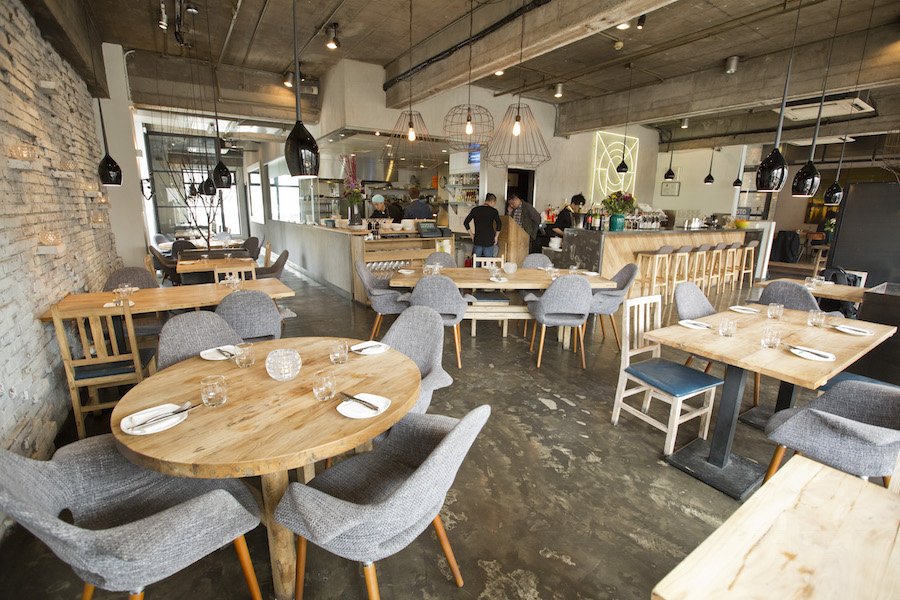
What do you like most about Beijing and working here as a chef?
Well, many things! It's been many years now but what I like about Beijing is the mix of cultures. Beijing offers the opportunity to meet people from different places, cultures, backgrounds, and professions. That's one thing. And of course that came with time but at the beginning what attracted me was the Chinese culture.
The culture shock, for me, was positive. When I arrived, it was so different and I fell in love really fast. Just this romantic idea of being here, the bright neon lights with the Chinese characters, and I didn’t know what any of it meant. It was just so far from the Western world. It made a huge impression on me, it was incredible.
After a while I started to meet people and started to see the challenge of being here, and working with people where communication is extremely hard because we speak different languages. And then you have to find a way to make that work. It was challenging but also motivating. After that living here just becomes normal life, and you start meeting different people. Not only Chinese people but also people from all over the world. I think that makes it worth it. It is one place that almost everyone is foreign. So everyone is in the same situation. When I was in Spain or in the US I was foreign but most of the people were local and you get to know that culture, but here you get to know many cultures.
Where do you get your ideas for your ingredients and your dishes, what are your influences there?
Well, there are different things and it changes a little bit with time. Mostly experiences, like when I am talking about inspiration and ideas mostly it is experience, like when you travel or when you’re eating outside. Experiences in the past are always going to be there, but also, you need to do your research. So you check out books and the Internet, and then you also start thinking more about things with the more experience you have. You’ll start thinking about flavors and bringing them together in dishes in your mind.
As for the ingredients, you need to work with what you have and it also depends on how you like to cook. You’ve got to work with the seasons in Beijing, and what is seasonal but also what is available to be imported, if you want something special in your dish.
What is your favorite ingredient to work with here that is different than at home or in Spain?
There are many different things that aren’t the same as at home or in Spain or anywhere in the West, so it's hard to specify only one ingredient. For example, I love Sichuan pepper, it is really fascinating. I think for me, in general, what I like is a few vegetables or types of fruit that are different and unique to this area, but I think the spices are the most unique ingredients, and the different ways that they are used.
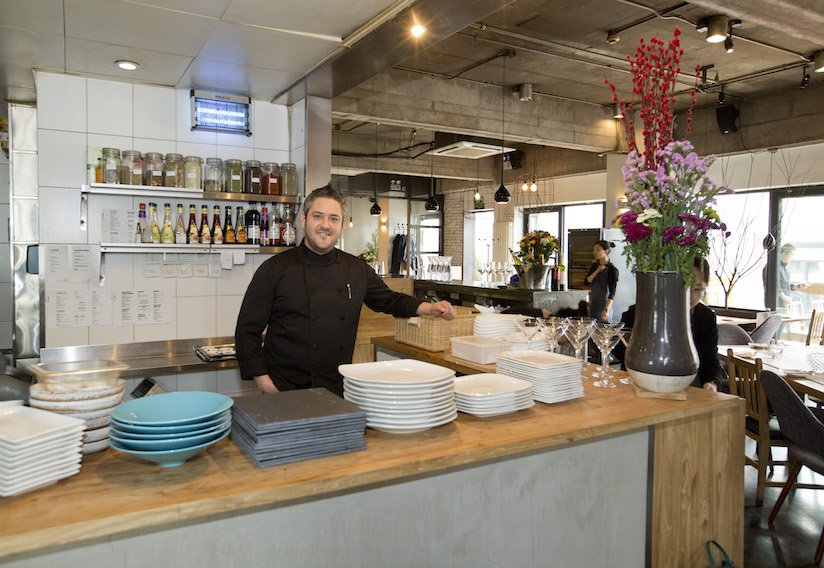
How do you balance the difference in Chinese and Western flavor palettes?
There is a difference, of course, because there are different ingredients and different ways to pull the flavors together. I don’t try fusion, because I think it is really hard to get positive results – not everything works. It is what it is. So instead, what I do, is use some Asian flavors and mix them with ideas that I already have. I try to work with them in a similar way, I don’t try to make a Chinese dish in a Western way because I think that doesn’t really work. I use more Asian flavors at Moka Bros, but we also try to respect the dishes, and make them the way they should be made, but we do play a little bit more with that menu.
Are there any future projects that you’re working on?
Always new menus. New menus at Mosto, at Moka, and as a company, we want to keep growing in China. We always hope to break into Shanghai, we would love to open up there. But on a day-by-day basis just new ideas, new menus, new ways of working and teaching our staff. We just want to improve the company and the people – they are a huge part of it.
Read about all of our Dining Hall of Fame inductees here.
More stories by this author here.
Email: margauxschreurs@truerun.com
Instagram: s.xuagram
Photos: Uni

